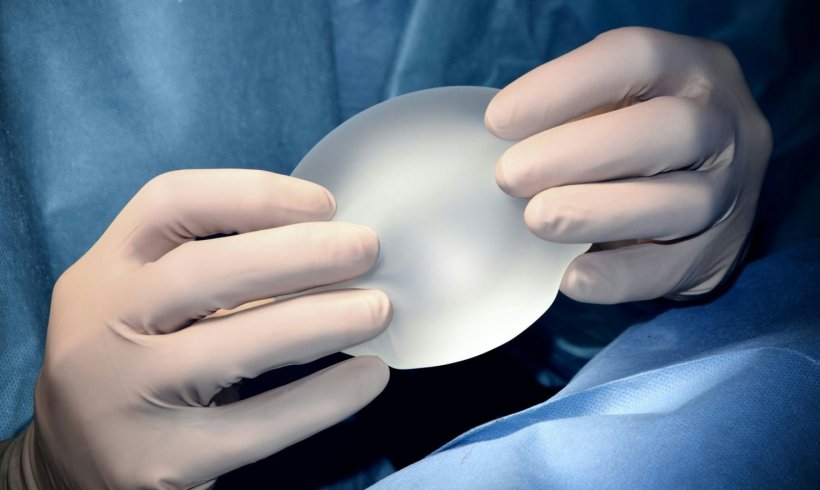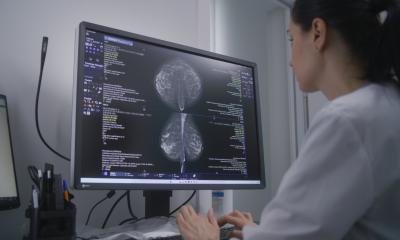
© philippe spitalier – unsplash.com
News • Rupture prevention
Breast implants: the importance of regular screenings
A study by the Karl Landsteiner University of Health Sciences (KL Krems) highlights crucial findings regarding the infrequent check-ups among women with breast implants. An analysis of over 1,000 cases revealed that more than 80% of women skipped recommended annual screenings
An analysis of over 1,000 cases revealed that more than 80% of women skipped recommended annual screenings. Silent ruptures of silicone implants often go undetected for years, potentially leading to serious long-term complications, including inflammatory foreign body reactions (siliconomas) and certain breast implant associated cancers. Published in the Journal of Clinical Medicine, the study points out that despite the recommendation of regular check-ups by physicians, many women only come for follow-up care when pain or deformation of the breast has already occurred. The results of the study emphasize the importance of early detection and education to promote regular follow-up examinations.
We believe that many implant ruptures go undetected for years
Tonatiuh Flores
Breast implants are typically robust medical devices, widely used in aesthetic and reconstructive surgeries. However, complications can occur, ranging from pain to visible breast deformation, or undetected implant damage. Over time, these issues can pose significant health risks. Regular check-ups could help mitigate these risks, but until now, little data existed on how often such follow-ups are conducted. A new study from a research team from the Division of Plastic, Aesthetic and Reconstructive Surgery at University Hospital St. Pölten, an education and research site of KL Krems, sheds light on this issue in Austria. "The findings of our study are deeply concerning," says Dr. Tonatiuh Flores, lead author and physician at the Clinical Division of Plastic, Aesthetic and Reconstructive Surgery at KL Krems. "Although we encourage our patients to attend annual routine examinations based on international guidelines, our study shows that only a small number of women actually do so. Regular screenings could detect implant issues early and prevent severe complications."
The study analyzed 1,128 breast surgeries performed between August 2018 and December 2023. Shockingly, only 15% of implant carriers underwent regular follow-ups. In nearly 75% of cases, ruptures were only identified when women sought medical consultation for pain or noticeable changes in breast shape — often on average 17 years post-implantation. "We believe that many implant ruptures go undetected for years," Dr. Flores explains. "This delay can lead to severe consequences, such as siliconomas — foreign body reactions to silicone — and the rare but serious breast implant-associated anaplastic large cell lymphoma (BIA-ALCL), a new entity of cancer." The study underscores the urgent need for increased awareness about the risks of neglecting follow-up care. Most women in the study only sought help when aesthetic or painful symptoms arose – often too late to avoid significant complications.
The research group stresses the importance of proactive patient education by surgeons and healthcare providers. "Our aim is to improve patient awareness about the long-term risks associated with implants," says Prim. Prof. Schrögendorfer, Head of the Division of Plastic, Aesthetic and Reconstructive Surgery at the University Hospital St. Pölten. The study also advocates for the introduction of monitoring systems, such as implant registries, to enhance aftercare efficiency.
Source: Karl Landsteiner University of Health Sciences
20.12.2024





